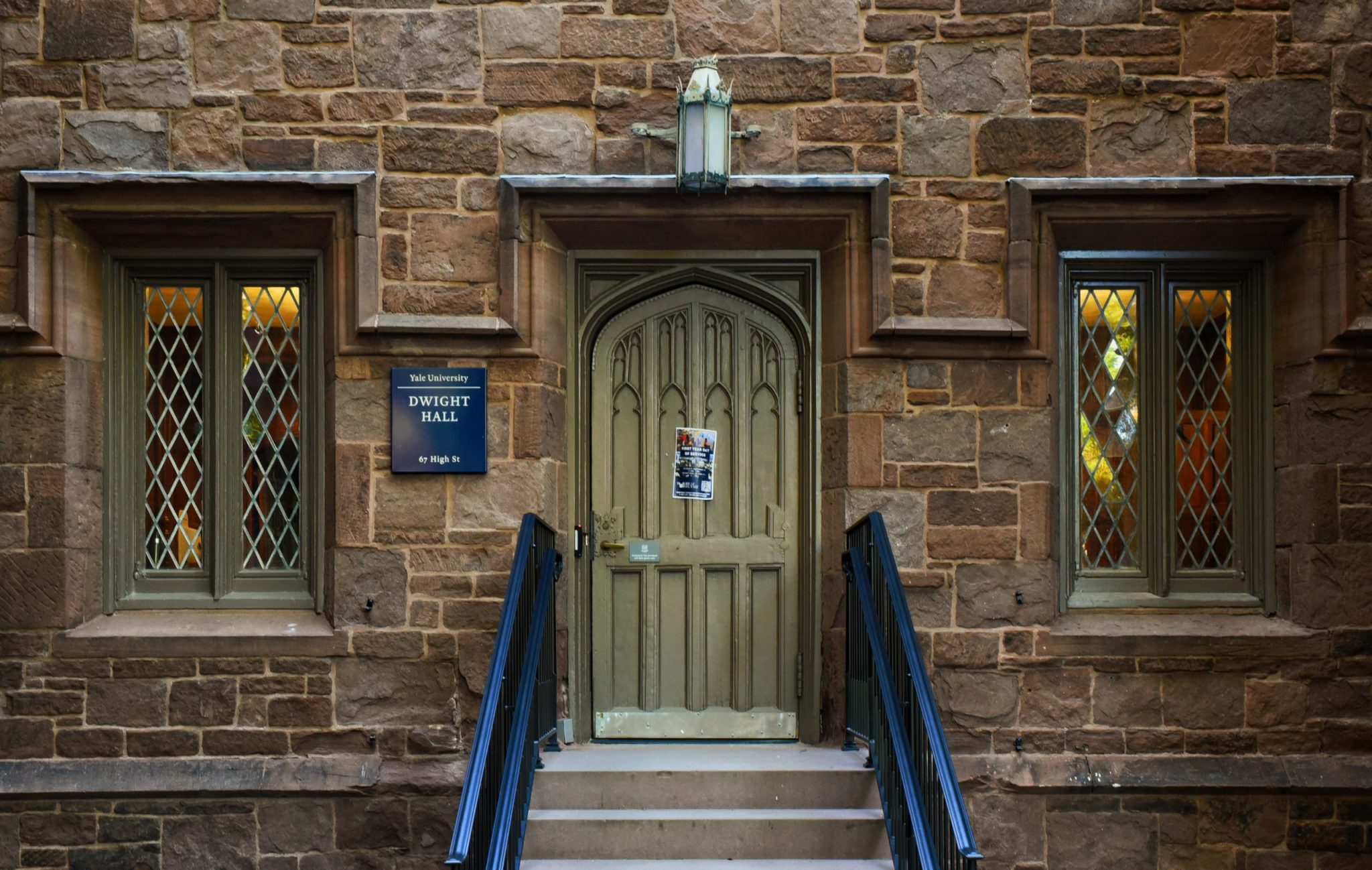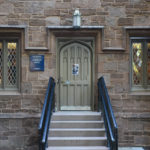
Ryan Chiao, Photo Editor
On Feb. 11, the Dwight Hall Student Cabinet voted in six new member groups, giving them access to further funding and mentorship opportunities. The groups — Code Haven, Yale Ethics Bowl, Women Everywhere Believe, Yale Interpretation Network, Every Vote Counts and the Urban Philanthropic Fund — have continued working to strengthen their impact in New Haven remotely.
To become a member group, organizations must go through a multistep process to ensure that their work fills a new need in the Elm City and is sustainable for years to come. Once a prospective group has submitted an application and it is reviewed by Dwight Hall’s Student Executive Committee, the group is interviewed by the Dwight Hall New Membership Coordinator, Hannah Kiburz ’22.
Then, the Dwight Hall Student Executive Committee votes on whether the group should become a provisional member group — giving it access to similar resources as member groups, including funding, publicity and access to cars and buses. After two full semesters as a provisional member group, Dwight Hall’s Student Cabinet — which consists of representatives from each Dwight Hall member group — decides whether to vote a group into full membership status. If groups become full members, they gain full access to resources and are able to vote in future cabinet meetings.
“What’s most inspiring to me about it is that students see places for growth in the community and act upon that,” Kiburz told the News. “[Groups] are engaged in the New Haven community and willing to think about the distribution of resources.”
Each of the six new member groups hopes to fill a distinct need in the city.
Code Haven, which was founded in 2016, works with local public schools to integrate a coding curriculum into their syllabi. Yale students volunteer to teach hourlong sessions each week in a mentor-based program that provides students with personalized support. They work mainly with elementary- and middle-school-aged students, which Eden Gorevoy ’24, a co-president of Code Haven, described as the “sweet spot” for engagement.
“The idea is to get everybody comfortable with the idea that computer science is a field for everyone much earlier on in education,” Gorevoy said.
She mentioned that the group works to curb self-selection in coding, noting that many students — particularly girls — believe that they are not suited to STEM subjects.
The Urban Philanthropic Fund, which was founded by Ryan Taggarse ’19 in 2016, focuses on the intersection between finance and community service. Its main efforts are divided into two parts — it manages an investment portfolio, from which it donates its earnings to nonprofit groups in the form of microgrants, and it provides pro bono consulting services to nonprofits on how to improve their strategy and obtain grants.
The Yale Interpretation Network, or YIN, which was founded by Luisa Graden ’20 in 2018, works to connect individuals who have low English proficiency with social services. Volunteer interpreters, all of whom are affiliated with Yale, can choose to work on either one-off tasks or long-term assignments.
Graden, who grew up speaking Portuguese and English, has established partnerships with around 35 organizations — including legal aid clinics and educational service providers — in the Northeast.
“Yale is in a stunningly multilingual community,” Graden told the News. “I hope that part of what YIN does is to raise awareness of language barriers and the importance of overcoming them, and the ways in which everyone can be an active participant in that work.”
Connie Frontis, a staff attorney who works on domestic violence cases at the New Haven Legal Assistance Association, described YIN as “a tremendous resource” that “helps clients feel infinitely more comfortable.”
The objectives of the other student groups vary from increased political engagement to the empowerment of women and girls.
The Yale Ethics Bowl holds an annual debate competition where high schoolers discuss philosophical questions in subjects ranging from religion to technology. They allow students to argue on the side they believe in and work to ensure their debates are accessible to all, regardless of prior experience.
Women Everywhere Believe, a nonprofit with chapters across the country, works to build confidence and leadership in middle-school-aged girls, particularly girls of color. Through its community wellness events and mentorship, the organization champions educational equity and career development in the city.
Every Vote Counts is a national nonpartisan group with over 50 university chapters that works to increase voter turnout. In addition to direct voter outreach advocacy, it teaches civic engagement in local high schools.
Every Vote Counts was founded in 2017 by Harold Ekeh ’19.
Simisola Fagbemi | simi.fagbemi@yale.edu








